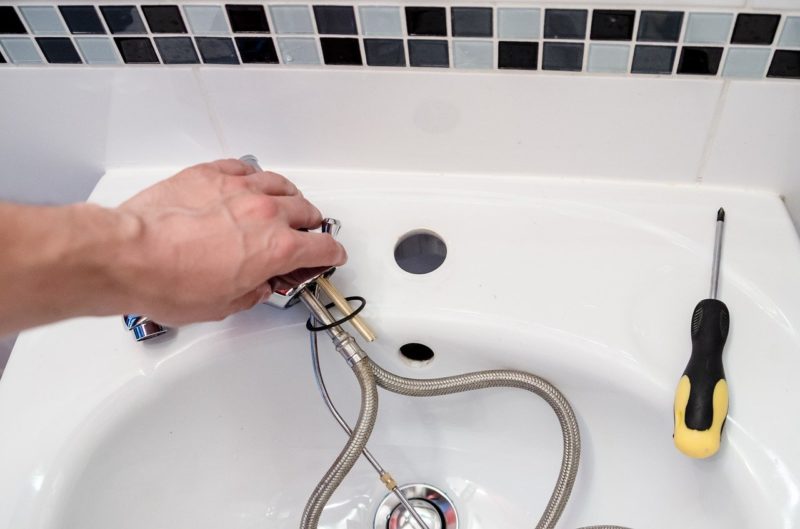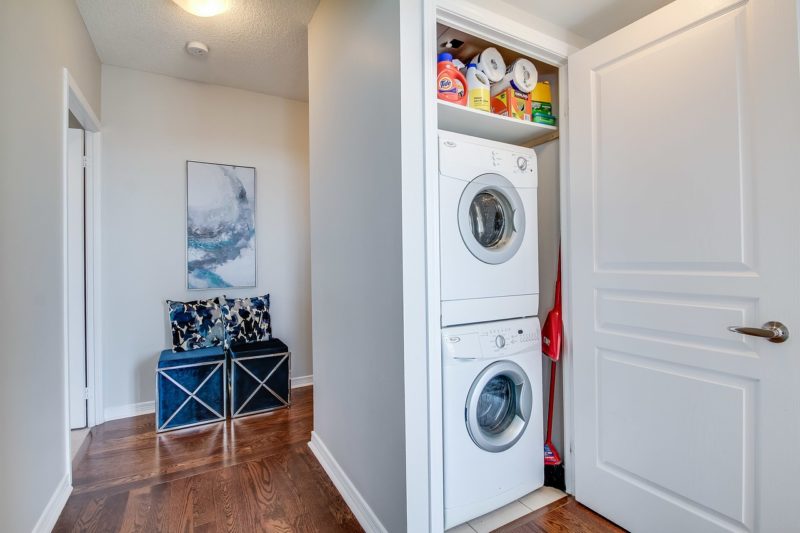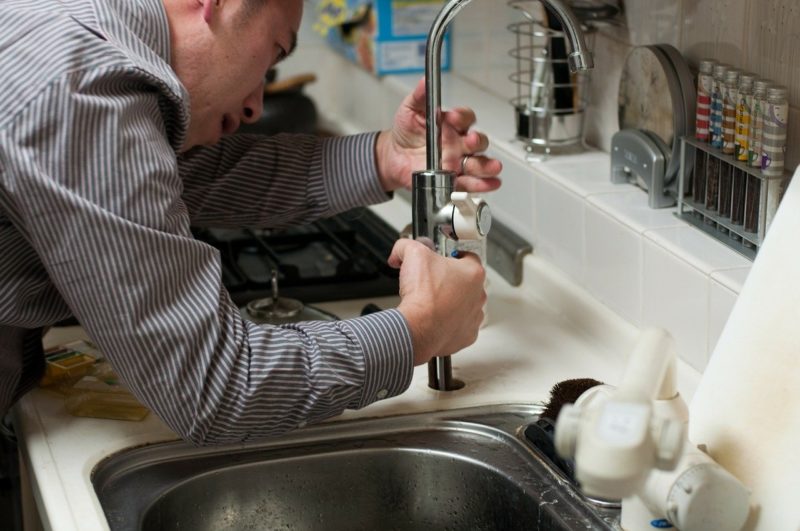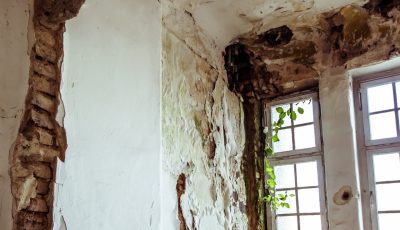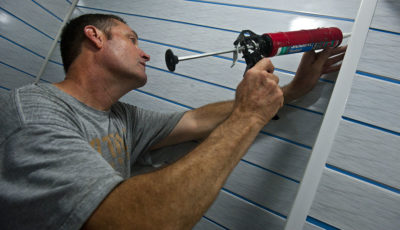Areas of Your Home That Are Prone to Leaking Water
As a homeowner, you know that keeping your home safe is a top priority. While you know that water can be damaging to the structural components of your home, you may not give a whole lot of thought to it. However, we’re going to reveal four common areas of your home that are highly prone to leaking water.
Attic
When someone mentions leaking water in a home, it’s common to picture the attic. The attic is an area that often goes unnoticed for a while. The longer that the water is left to penetrate the attic, the more expensive the repairs are going to be. It’s important to regularly check your attic for watermarks, water, and even mold growth.
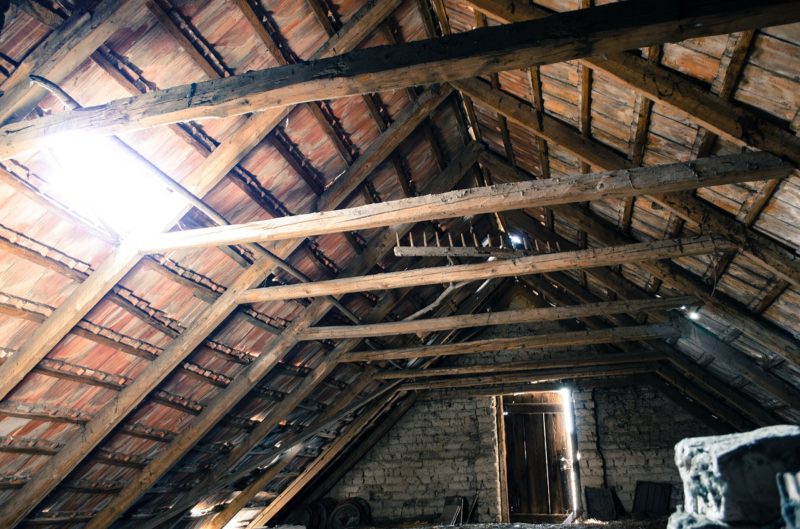
Bathroom
Since most of the water lines in your home are going to end up in the bathroom, it only makes sense that leaks are highly likely in this area of your home. You will likely start to notice a leak underneath the sink. Sometimes a leak in the shower water lines is not overly apparent at first. If you notice a leak in one of these areas, it’s vital that you contact a plumber to assist you in fixing the leak quickly.
Laundry Room
It takes a tremendous amount of water to wash your clothes. If there is any rupture in your water line or at one of the hookups at the back of your washing machine, a lot of water can be unloaded on the floor. For this reason, it’s always highly advisable to never run your washing machine unless you’re at home. Also, consider replacing any rubber hoses with steel ones as steel is less likely to become accidentally ruptured.
Kitchen
Another room in your home that has direct water hookups is the kitchen. It’s not uncommon for water to leak underneath a kitchen sink. You may notice that water drips down the line that connects the water to your dishwasher. Or, you may notice that the line to your ice maker has a hole in it. These are all potential issues that you need to be aware of.
Some rooms of your home are going to be more prone to water leakage than others. By understanding where potential leaks are likely to form, you can better prepare yourself to identify them. Remember that a leak should be fixed as soon as you notice it. Letting it go for a while can result in some costly repair bills.

